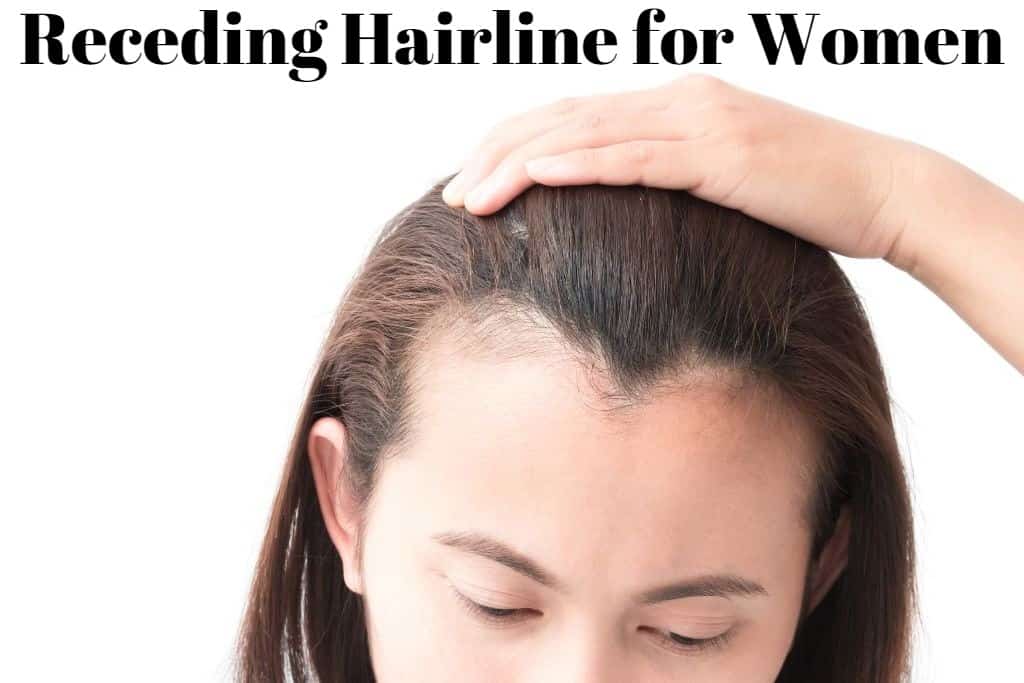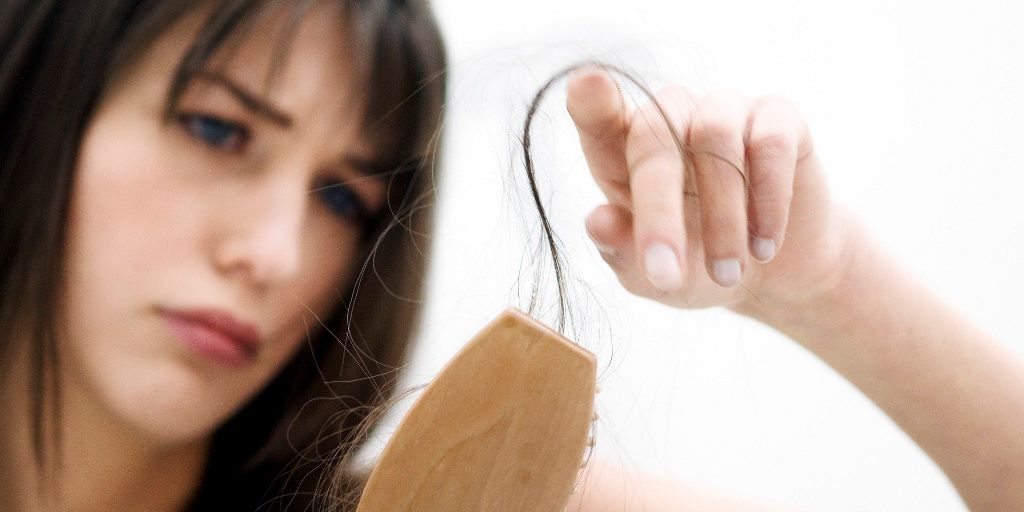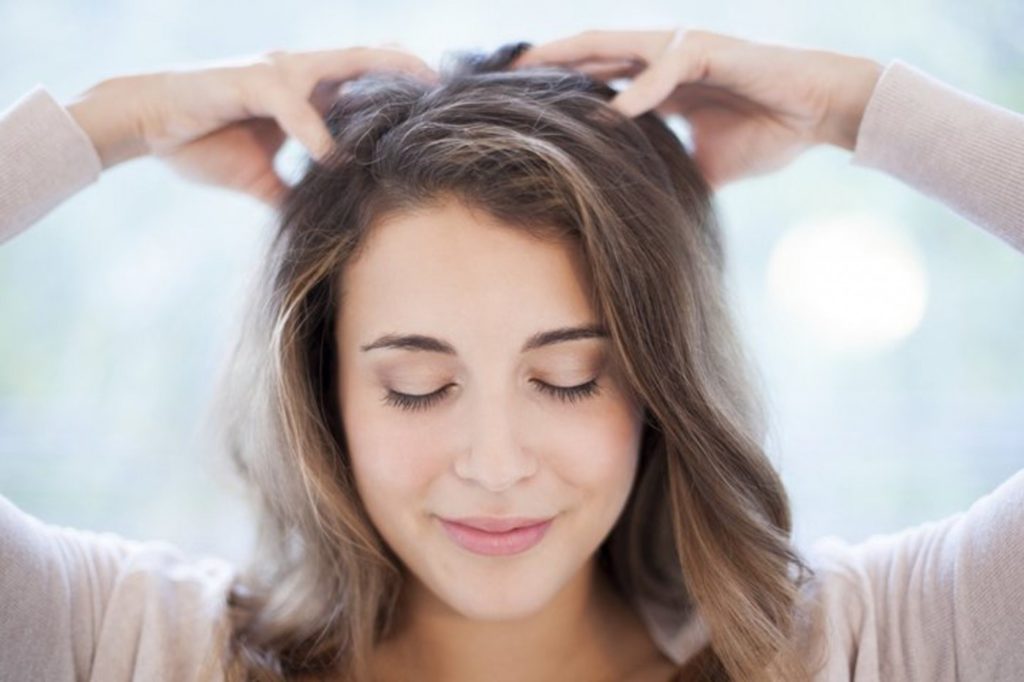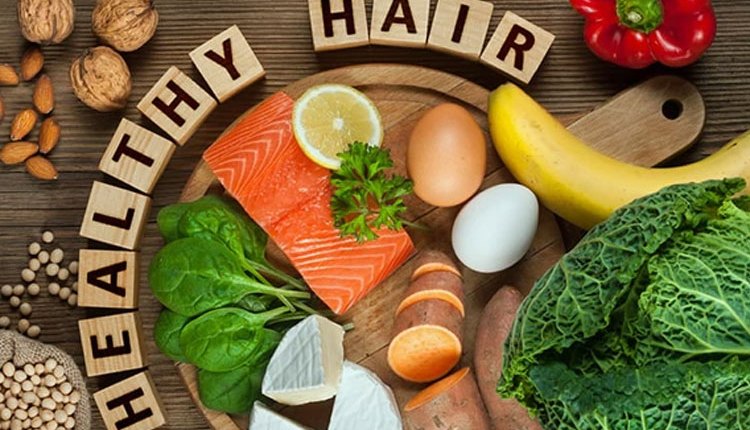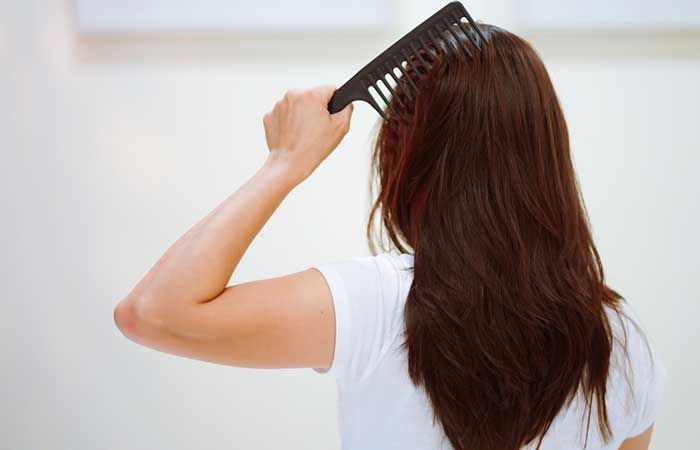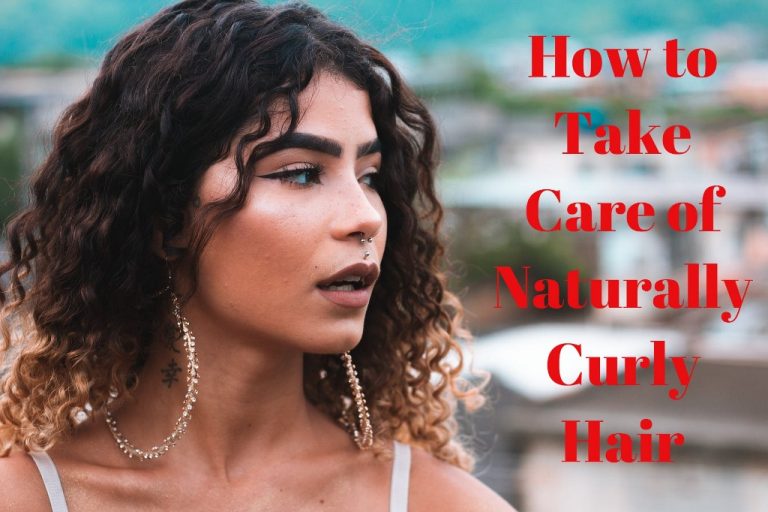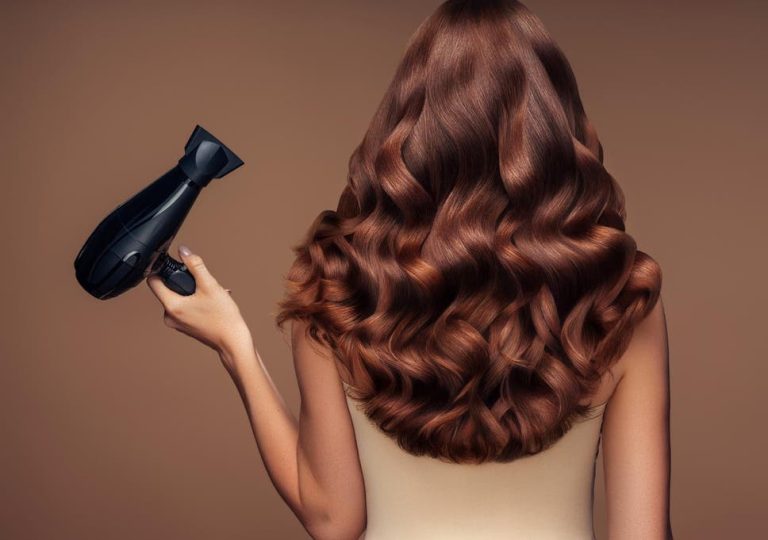Receding Hairline for Women – Tips For Regrowing a Hair Back
Aging is the major factor for a receding hairline in men. Apart from age, hair loss or alopecia can be the cause too. The problems can be treated with surgery or medications. Besides, women are more likely to experience thinning of hair than an actual hairline receding. However, it is still a possibility for women to have a receding hairline by age or other factors are taken into consideration. Some examples are frontal fibrosing alopecia and traction alopecia.
A receding hairline can be the sign of getting bald, or it can just have a slight impact on your hairline look, which doesn’t progress further. Still, it’s hard to judge how far your hairline will change or recede. Often, providing a family history of hair loss can help the doctors give you a possible preview. Fortunately, if you want to try restoring your hair and their growth at the most affected areas on your scalp, there are specific medications along with expensive procedures that had been effective in the past, as stated by several patients and doctors.
To identify the type of hair loss you have and its cause, you must consult with your dermatologist.
Receding Hairline for Women – Tips For Regrowing a Hair Back
Here are the Few reasons, have a look:
1. Family History
Your dermatologist will ask for your personal as well as family medical history to proceed further and have accurate information about the hair issues you are suffering from.
After gathering your personal as well as family history, there is one easy test that your doctor may perform. This test is called a “pull test”. In the test, your doctor would simply and gently pull on a few strands to see how easily and how many fall out.
A biopsy test of scalp tissue may be another test they conduct to determine if your scalp is infected, which might be the reason for hair loss. With a biopsy test, your doctor removes a small amount of tissue from the affected part of the scalp, which is then tasted to see any sign of infection or disease.
Your doctor may also suggest having a blood test to look for any conditions such as thyroid, etc. that may be contributing to your hair loss or hairline receding.
2. Hormonal Changes
Hormonal changes are most common in women for causing many diseases. Hormonal changes in women are normally due to menopause, pregnancy, thyroid, or other medical conditions related to hair or scalp infections. Hormonal issues lead to stress, medications, and hair loss. Hair loss and hormones are connected because every hormone reacts differently in every woman or condition.
In pregnancy, because of the progesterone hormone, most women experience hair loss. Every woman’s body is different, so in some women, hair growth is faster in pregnancy. Because of various supplements, injections, or medicines, hormones are changed or act differently which causes hair loss.
Menopause and PCOS: Every girl faces menopause, and they knew that their hormones act differently; that’s why sweats, mood swings, and eating habits are changed during this period. In this cycle of the month, our body releases an estrogenic hormone which will affect the hair’s protective layer. PCOS is quite a common disorder amongst women; it is related to the endocrine system. In PCOS, the excessive release of androgens results in hair loss.
Thyroid Hormone and Anemia: In thyroid, thyroid hormones slow down the metabolism and other body function, which can cause the hair dry, loss, and dull. Anemia or serum ferritin is a deficiency related to iron, which is normal in every adult. Because of the low iron, our body takes iron from the hair follicles which can affect body cells and hair loss.
3. Medications
Medicines are invented to cure diseases but because of the chemicals, drugs, etc. These chemical medicines may react with your cells and can cause hair loss. Not all medicines are bad for your hair health, but in some diseases, the dosage and drugs are high. Telogen and anagen effluvium are two types of hair loss that can create by antibiotics, warfarin, antacid birth control pills, and thyroid medications anti-inflammatory drugs. Cancer patients who can go through chemotherapy will take drugs like vinorelbine and Adriamycin, topotecan, etc. which can repair cancer cells resulting in losing hair follicles.
4. Stress
Stress and depression are the main roots of serious diseases. Our mental and physical health is related to each other. According to various researches, stress is the main reason in a healthy person for excessive hair loss. Depression directly affects your energy levels, digestion, blood pressure, and hair health. Cortisol is a stress molecule that can damage follicles and stop the regeneration of new hairs. Insufficient sleep due to stress may affect your mood, eating habits and hygiene habits also.
5. Insufficient Nutrition
Food is the main source of energy, vitamins, minerals, and carbohydrates, proteins that can build muscles, glowing skin, healthy bones and hairs, good eyesight. So everything is related to food and nutrition. Poor and unhealthy food habits may cause hair loss in women. The human body does not produce nutrition for a healthy body and so as for your scalp.
Oily, processed and junk food will not provide nutrition to your body, so replace it with omega-3 fatty acids, magnesium, biotin and walnuts, soybeans, and vitamin D and Vitamin B rich foods. Breakfast is the first meal of your day so eating packed food and soft drinks will ruin your health and if your body does not take an adequate balanced diet, then it will not be able to provide healthy cells in your scalp for hair growth.
These all causes are permanent or temporary depending on every person and health condition. But with some help from doctors, dieticians and dermatologists, you will recover. Talk with your doctor and take their advice or treatments to reduce receding hairline.
Every problem comes with a solution. So, after diagnosis through tests and biopsy, tissue samples treatment is easy. The treatment regarding this type of problem is of various types like medications, hair transplants, supplements, and essential oils, eat healthy and rich diet, etc. Different techniques and treatments are used according to how severe the disease is.
How to Treat Receding Hairline?
To treat the receding hairline, various treatments are available. Some of them include laser treatment, medicines, hair implantation, and much more advanced techniques. One sure thing is that the duration of these treatments is skeptical because some individuals have stated that modern techniques are less reliable. But some people prefer to use natural remedies because they think that these chemical treatments will affect them in the future. These natural treatments do not offer a proper solution, but they are less harmful and easy to do at home which is less risky and pocket friendly.
1. Massage Your Scalp
Use mild shampoos that are made by herbal products like biotin, aloe vera, nettle extract, seaweed. It improves hair growth, deep moisturizes, reduces breakage, etc. Wash your hair after every 2 days and the next therapy is scalp massaging. Use naturally extracted oils like sandalwood, Lavender, peppermint and bergamot which are chemical-free and moisturize your scalp and stimulate your brain. Before starting the massage, mix these oils with almond or coconut oil. Apply gently on your scalp and rub it in a circular motion for about 5 minutes. According to some researches, regular massage regulates blood circulation, balance ph level, and promotes hair growth which is helpful to improve receding hair.
2. Follow Healthy Diet
Diet is an important part of every treatment. It gives you inner nutrition, vitamins, minerals, and antioxidants, that helps in growing healthy hair for a long time. Some ingredients like walnuts, blueberries, spinach, vegetables are really helpful.
Iron Deficiency– Iron deficiency is common in children and young girls, which causes hair loss. Ferritin iron is a protein which produces HB and repairs cell in the body. To improve iron level eat peas, spinach, salmon and cashews, raisins. Vitamin c also helps to digest various iron-rich foods.
Vitamin B 12– Vitamin B12 has boosted your energy, supports nerve system, reduces depression, and cannot be produced by our own body. So make sure you can take it in your regular diet. Vitamin B 12 is present in animal foods, supplements, etc.
Vitamin A– Vitamin A helps to maintain the immune system, skin problems, hair loss, night blindness which is available in vegetables, fruits, meats. Vitamin A1 is available in foods like beef liver, salmon, liver sausages and pro-vitamin A is rich in sweet potatoes, kale, carrot, lettuce, mango, grapefruit, apricot. These food items are easily available and eat it daily at lunch or breakfast.
Zinc– It is a mineral that improves the immune system, repair tissues, and enhances hair follicles, Its available in seeds, nuts, dairy foods, whole grains, eggs and in dark chocolate.
- Do not eat junk, oily, and processed food items.
- Stay away from cigarettes and alcohol.
Herbal Medicines– Herbal medicines are an easy option for healthy and fuller hair. Some medicines which are made from plant roots like ginseng, gooseberry, Propecia and aloe vera can be taken orally with water.
3. Change Your Combing and Styling Patterns
Combing and stylish patterns are important because sometimes hard combs and different hair styling tools will irritate the scalp. Use a soft comb and detangle your hair regularly. Always divide your hair into two sections while combing because backcomb will increase hair loss. Always tie your ponytail low and avoid using heating tools or chemical sprays.
Avoid wearing tight hats or caps. Do not use hairpins or extension treatments. Avoid using chemical dyes or colors on your hair. Do not make tight braids or curlers to style your hair.
Conclusion
Hair receding is common in men, but in women, it caused due to some diseases or conditions. There are various symptoms and causes for receding hair like Hormone changes, bad eating habits, diseases, heredity problems. A receding hairline can be diagnosis by various tests and samples and can be treated by medications, surgeries and by hair treatments. Treatments are either chemical or natural but depending on hair conditions; they can choose according to their comfort level. Use these techniques to improve your hair growth because hairs are an important part of women.

